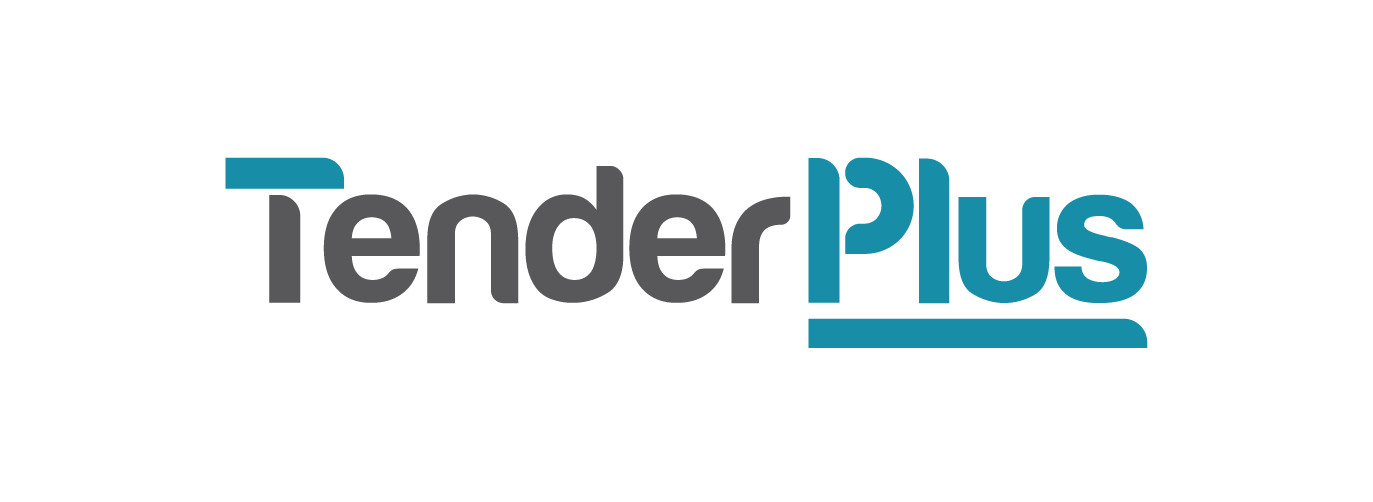5 questions to ask your SMEs at tender kick off
Chelsea Steele, Senior Tender Specialist (Brisbane)
Setting up positive working relationships with your Subject Matter Experts (SMEs) right from tender kick-off is crucial for fostering strong stakeholder relationships and of course, for the success of the bid. At kick off you want to be thinking a few steps ahead around what you can do to establish the most effective working relationship with these key people. Below I’ve singled out the top five questions I ask my SMEs at kick off. Setting up a one-to-one meeting usually works best so you can set the scene to start proactively working together.
1. Do you have a communication preference?
Essentially this is how we will work together for the duration of the bid. Email? Teams? Text? A phone call? All of the above? While the default is usually email or Teams for everyday and non-urgent communication, some SMEs do have a preference and will respond more quickly if you’re able to adapt to this.
I find my SMEs appreciate I’ve taken the time to ask them this and that I’m interested in understanding how they prefer to work on a day-to-day basis. As always, picking up the phone holds the power of personal connection and consider putting additional details in an email if the issue might require written documentation at a later time.
Read more about how you can optimise communication in bid teams.
2. What do YOU think will win us the bid?
In an ideal tendering world, your win strategy will have been well explored and captured in your strategy workshop so you’re all singing from the same song sheet. But it can’t hurt to throw this question out to your SME and see what you pull in. You never know it could be that gold nugget you’re looking for.
You can start with questions like ‘What do YOU think is our differentiator?’ ‘Our strongest value proposition?’, ‘Our pain relivers?’ ‘Our gain creators?’ Every single SME on the bid team brings to the team their own valuable project experiences, viewpoints and insights they can contribute. Here is your opportunity to find out what these are.
3. Are there any questions you need clarification on?
We all know it; tender requests can be ambiguous at the best of times. Some of the question wording can be interpreted with multiple meanings, attachment requirements might not be clear, the tender documents may have a missing appendix, or an incorrect reference….
This is a great proactive question to ask right from the get-go for several reasons. 1. It helps to clear upfront any misunderstanding or lack of clarity your SME may initially have, 2. it potentially avoids any issues that may then arise later in the tender process and 3., it potentially avoids any subsequent rework that may be required as a result of those issues.
Also, if you raise these clarifications early on this can help you anticipate lengthy timeframes it can take to receive RFI responses from the customer and prevent work hold up. And you never know, other SMEs may be quietly wondering the same thing.
4. Are there any areas of concern in answering the questions?
This could be around delivering timeframes, content, other SME capacity, planned leave. Again, a great idea to get all concerns out on the table as early as possible to avoid future bottlenecks. Examples of this could be the tender gate reviews may clash with another deadline your SME has or your SME is a lead for a returnable schedule and has annual leave booked the week the submission due date falls.
Having a contingency plan in place for these instances helps keep the cogs of the tender wheel turning when the pressure is on and time is limited.
5. Can you think of any strong case studies/project profiles examples we can use?
When you ask this question your SME may echo the project names the tender team are putting forward in the Demonstrated Experience schedule and hopefully can add some more strategy aligned details to these. Or your SME may give you names of entirely new projects that you can include in other schedules as examples of your experience and capability to deliver the project.
Either way, once you have the project names, you’ll need to fill in the details of the projects to showcase the company’s expertise. This is where having a tender library with quality and current content will give you an advantage. Being able to access case studies when and as you need them will free up so much time down the track especially as sometimes finding the right person who can provide these is fraught with challenges and delays.
Find out more about creating a content library.
Need help running a high-performing tender process from kick-off to submission? Our expert team offers tailored tender writing services, tender planning, and SME coordination support in Brisbane, Sydney, and Perth. Get in touch with us today to see how we can help your next bid succeed.
